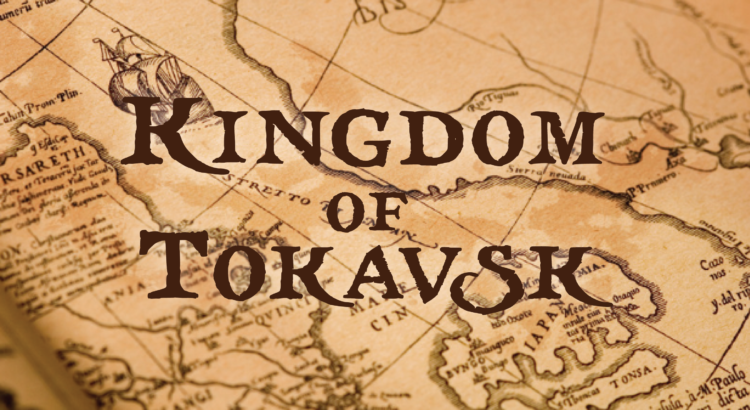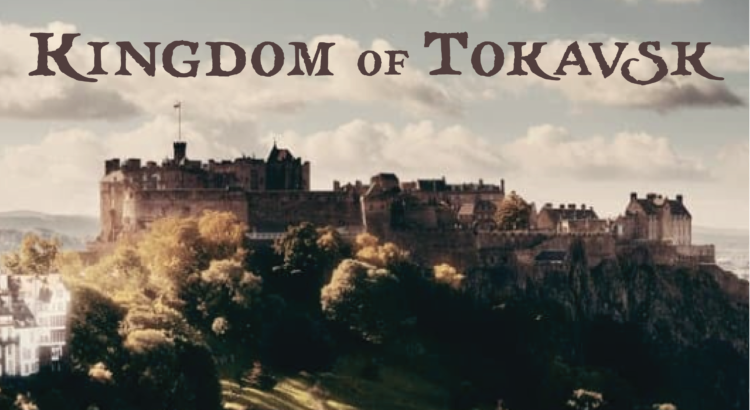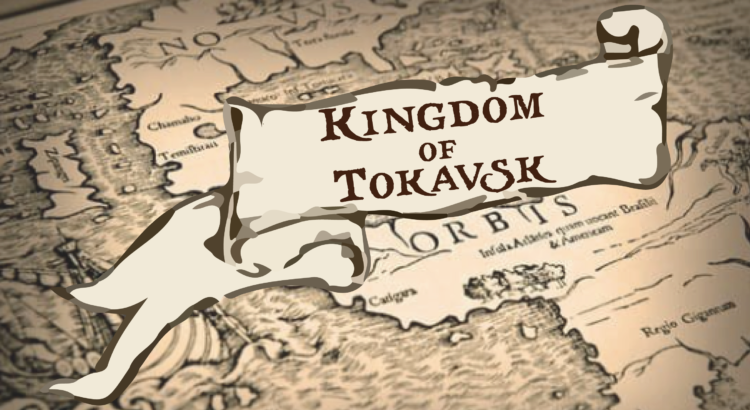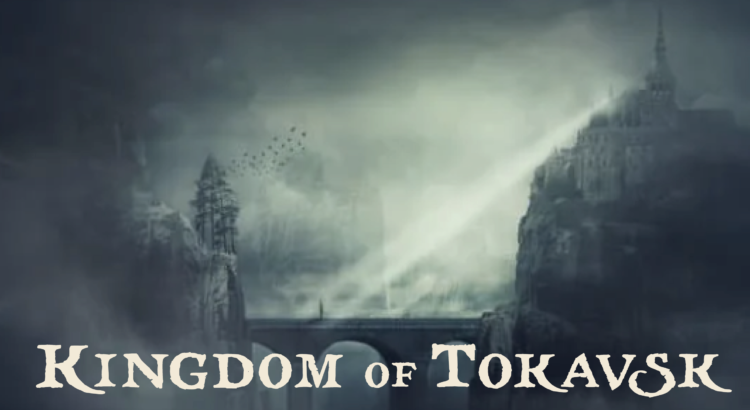Editors’ Note: We have compiled multiple accounts of one Lord Eskyil, chief advisor to the King of Tokavsk, into one document. We paid special attention to similarities between multiple docutments, though we find it is the oddities that linger in our minds the most.
Lord Eskyil is a tallish man with a slim build and short dark brown hair graying at the edges. He would have a rather plain face were it not for the prominence of his nose, which resembles a beak and draws attention from the pale, roving eyes. His skin is pale and loose upon the cheeks, and his face is shaven to indicate his status. His gnarled hands are often clasped behind his back. Lord Eskyil is easily distinguished by his robe, which is a dull blue compared to the other advisors’ robes of red.
A distant individual, Lord Eskyil keeps the personal matters of his life private. As such, little is known about his marital status. Though the consensus is that he and his wife are still together, some speculate they are unlinked, meaning they live completely separate lives. He is generally regarded to be cold and even harsh, but his brutal logic is what makes him effective. He never softens his words and is considered to be ambitious by those nearest to him. Some ascribe to him the trait of brutal honesty, while others say he is adept at withholding information to get someone to do his bidding. He is not easily fooled or prone to anger, though he is not what one could call calm. Rather, he seems to exist in a state of perpetual negativity, carrying with him a slight furrow in his brow no matter the hour. It is perhaps for this reason that he has no familiar colleagues. However, by many accounts he seems satisfied by being alone and is in fact repelled by human interaction.
As for whether there is reason to believe he stands against the King, the accounts are divided. Three say he is fiercely loyal, three a man merely doing his job, two a conniving liar. The rest do not address this question at all. With consideration for recent events in Tokavsk, the verdict remains inconclusive.






